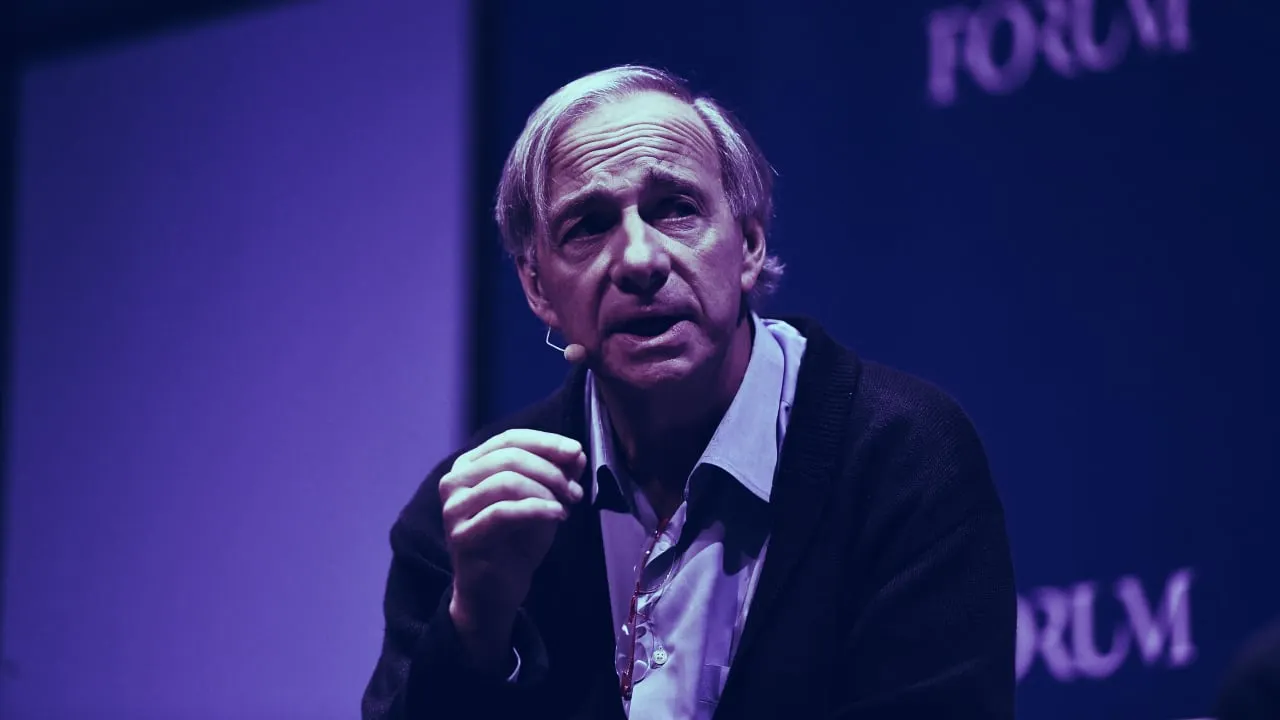“Cash is trash,” said billionaire investor Ray Dalio in an interview with CNBC yesterday at the annual World Economic Forum in Davos, Switzerland. But Bitcoin’s no better.
“There are two purposes of money; a medium of exchange and a storeholder of wealth. And Bitcoin is not effective in either of those cases now,” he said. “It’s too volatile. Because of the volatility, you can’t go next to it,” he added.
Dalio runs Bridgewater, one of the world’s largest investment funds, with around $160 billion in assets, according to the firm’s website.
Dalio was more optimistic about Libra, the so-called stablecoin network run by the Facebook-led Libra Association. The value of its stablecoin is pegged to a basket of fiat assets, such as the pound and the dollar, with the Libra Association determining the ratio of the baskets. Dario said this could make Libra more stable than Bitcoin.
Libra’s slated to come out in the second half of this year—if it ever comes out at all, that is, since regulators have panned it and many European finance ministers have vowed to block its development. Indeed, the President of Switzerland, the country Dalio was speaking from, and the country the Libra Association is based in, has called Libra a failure.
Dalio’s gripe with cash is that banks can print as much money as they want, meaning it doesn’t have intrinsic value. “The depreciation of the exchange rate and the printing of money, I think, over the next few years, is going to be the biggest thing,” he said.
“If you get a downturn—and there’s a good probability in the next [presidential] term you’ll get a downturn—and you don’t have effective monetary policy and you have people at each other’s throats, I’m worried about that,” Dalio said.
So if not Bitcoin, Libra, or cash, then what?
“You have to have a well diversified portfolio,” he told CNBC. “You have to have a certain amount of gold in your portfolio, or something that’s hard...you have to have balance.”

